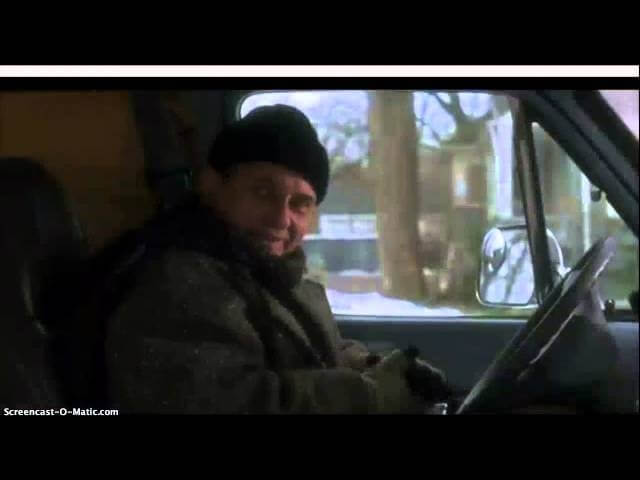Just how many crimes are committed in Home Alone, anyway?

Pity the Wet Bandits of Home Alone. Possibly the most luckless criminals in movie history, Harry (Joe Pesci) and Marv (Daniel Stern) attempt to rob the seemingly unoccupied home of young Kevin McCallister (Macaulay Culkin), only to emerge beaten, bruised, burned, and broken. What’s worse, according to this list by law student Steve Cady, these two are facing quite a list of charges when they’re brought to justice. Cady claims his “legal analysis” of the 1990 comedy is his way of “studying for the bar exam during the holidays.” So what crimes, specifically, have Harry and Marv committed here?
For starters, Cady says the duo could be brought up on charges of burglary and conspiracy to commit burglary. “Harry and Marv specifically intended to break into the McCallisters’ home with the purpose of committing a larceny therein,” he writes. And then there’s the matter of attempted voluntary manslaughter. “Since Harry and Marv do not actually succeed in killing Kevin, they will only be guilty of the attempted crime.” It’s not attempted murder because the thieves are acting “in the moment, without much time to cool off and reflect on their actions.”




























![Rob Reiner's son booked for murder amid homicide investigation [Updated]](https://img.pastemagazine.com/wp-content/avuploads/2025/12/15131025/MixCollage-15-Dec-2025-01-10-PM-9121.jpg)











